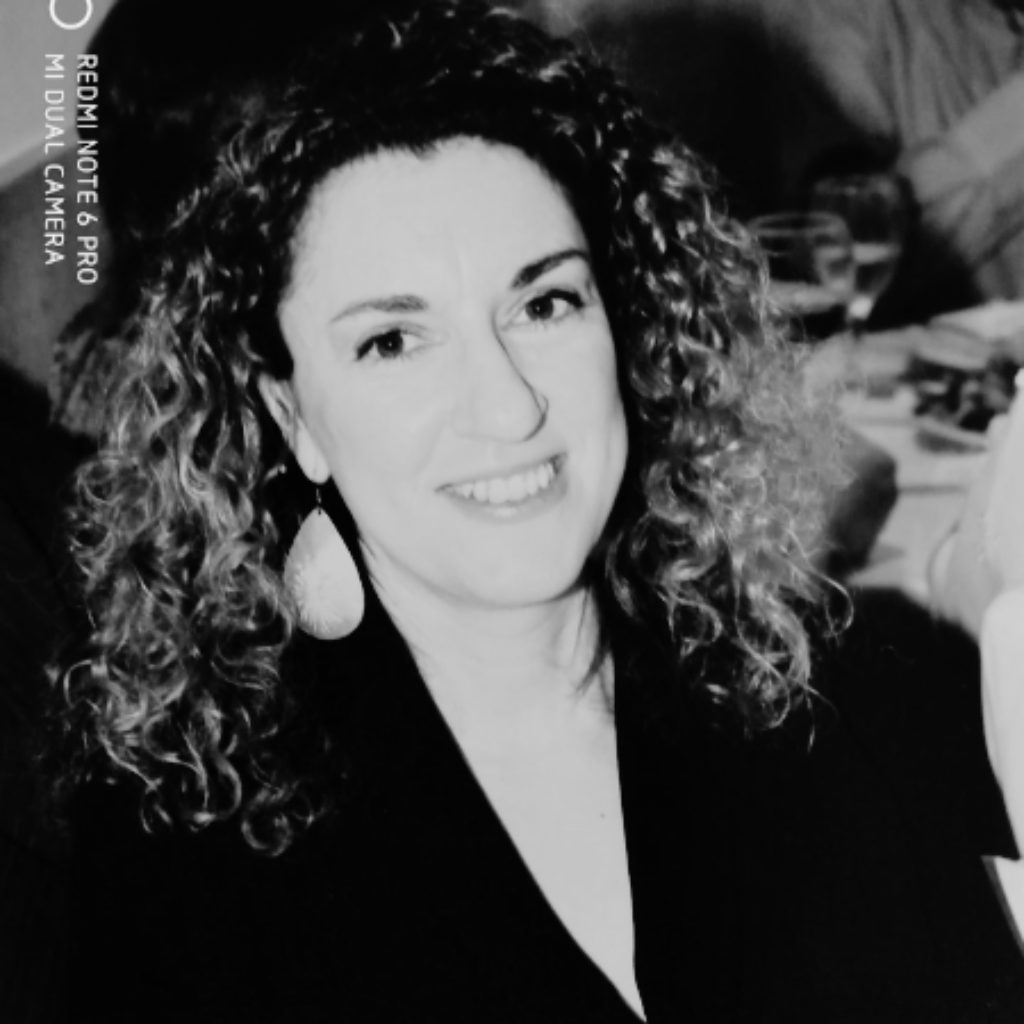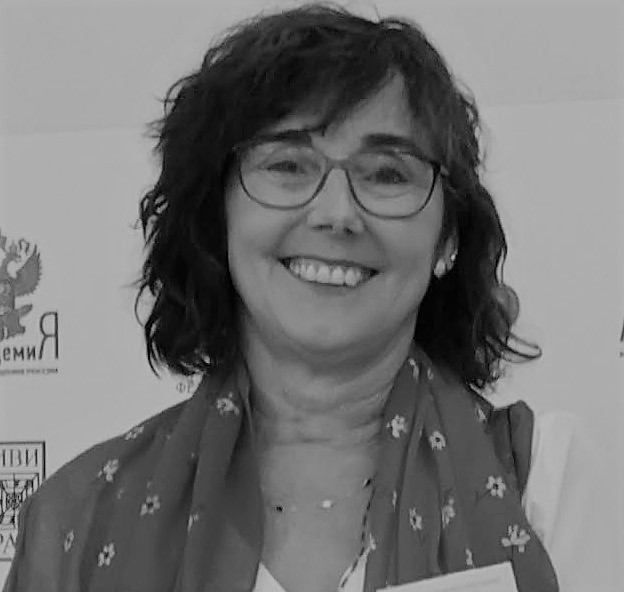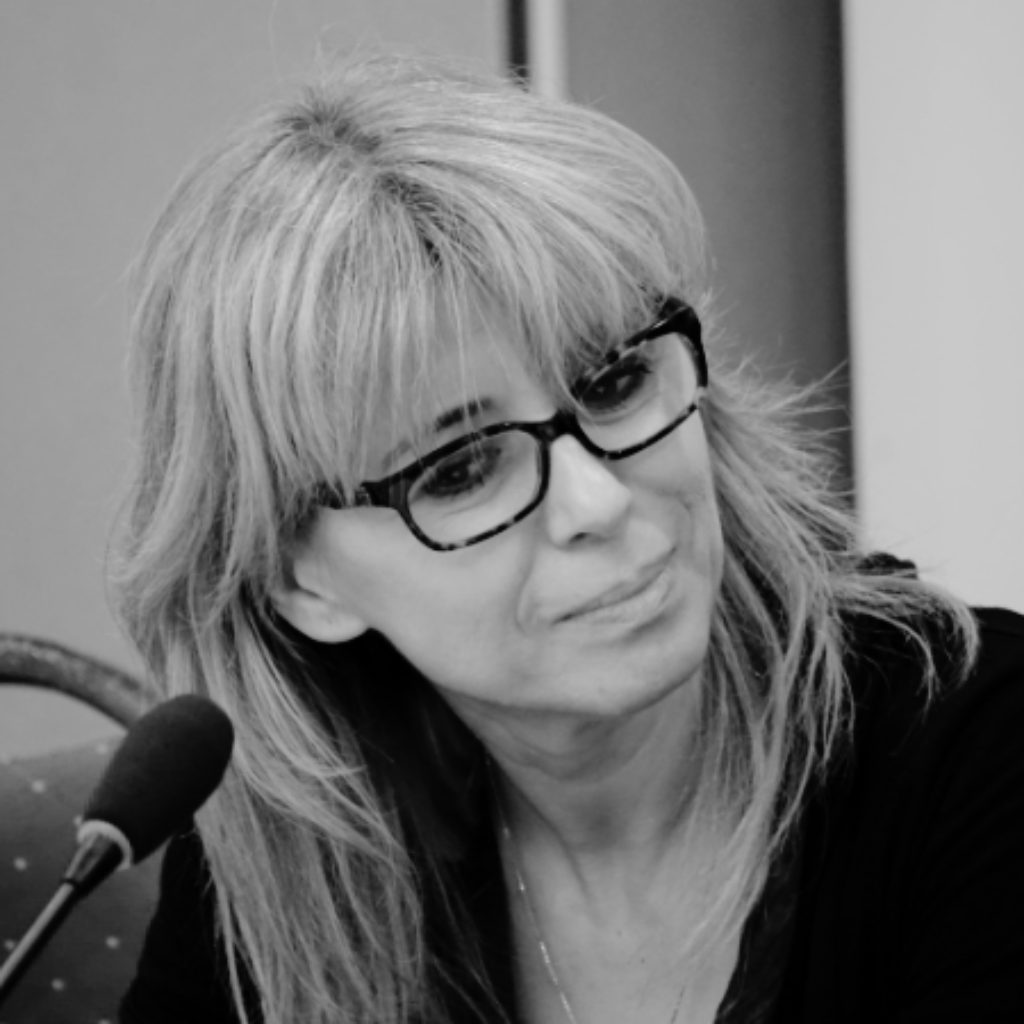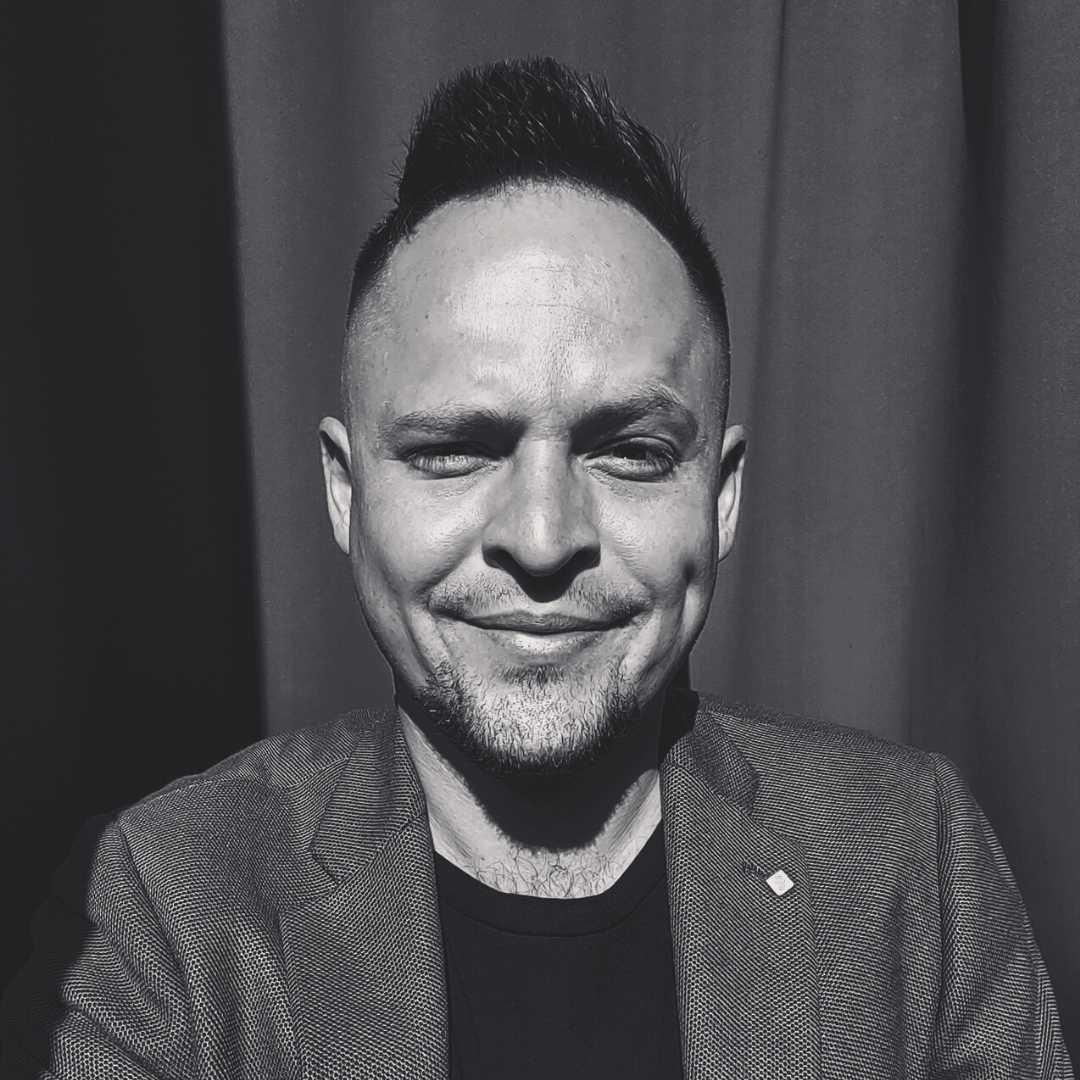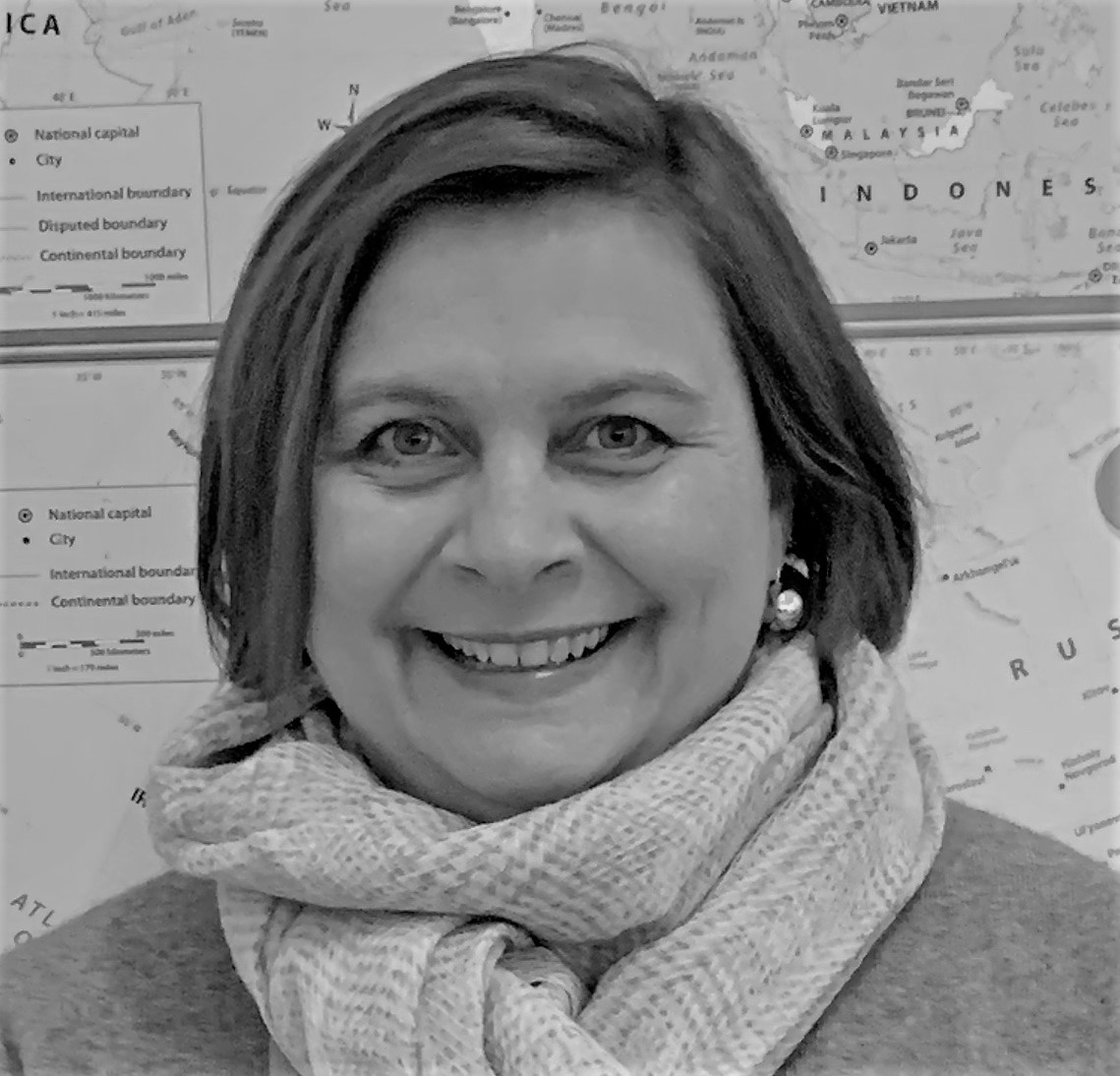EuroClio is a non-profit NGO and a registered association according to Dutch law. As a member-driven organisation it is led by a General Assembly, is governed by a democratically elected Board and run by a professional Secretariat. The General Assembly is made up of EuroClio member organizations which convenes each year at the EuroClio Annual Conference.
The Board has the overall responsibility for governing the organisation and to ensure wide and successful implementation of its core mission. The Board supervises the work of the Executive Director, who manages the Secretariat. Board Members are elected for 3 years and can be re-appointed for a second term. The Board and Secretariat work together in a Finance, Membership, and Policy Committee and meet at least 3 times a year.
Board roles include:
- Working with the Secretariat and members to develop and deliver our vision, as envisaged in the 2020-2024 Strategy;
- A supervisory role overseeing the Secretariat in a monitoring and accountability role;
- Fundraising beyond the “traditional” public (at present mainly EU) grants;
- Maintaining member relations and building individual membership.
The cooperation and division of responsibilities between the Board and management is laid down in a Management Agreement.
The roles and responsibilities of the Board are set in the statutes and further defined in the internal rules (by-laws). The management at the Secretariat has set a well-defined management grid, executes frequent performance reviews and involves staff as much as possible in key decisions, envisioning and contacts with membership.
 About
AboutVassiliki Yiannou
Vassiliki Yiannou
Vassiliki Yiannou is a seasoned history and Greek language teacher with over 25 years of classroom experience, currently teaching at the 2nd General Lyceum of Evosmos in Thessaloniki. She has also served as Deputy Headmistress and teacher mentor, contributing to educational leadership and teacher development. Vassiliki has been actively involved in European history education initiatives, particularly through EuroClio. Since joining the Learning to Disagree project in 2018, she has taken part in numerous EuroClio activities, including seminars, conferences, and content development. In 2023, she joined the Historiana Teaching and Learning Team, contributing to the platform’s pedagogical resources. With a strong interest in digital innovation and teacher training, she frequently presents on the use of technology in history education. Vassiliki is a member of AHEG, the Europeana Network Association, and PEN Greece. She joined the EuroClio Board in 2025, bringing her commitment to critical, inclusive, and tech-enhanced history teaching. About
AboutHarri Beobide
Harri Beobide
Harri Beobide graduated from the University of Deusto in Modern History. She worked as a secondary teacher in Andoain Ikastola and Jesuitas school, and teached in the Master’s Degree in Secondary teacher-training courses at the University of Mondragon and the University of the Basque Country. She currently coordinates and participates in creating Social Science, History and Geography school-materials of Ikastolen Elkartea in Basque and English for Secondary, within a competence-based curricular framework. She also teaches and delivers in-service training to teachers of the same network. She has participated in diverse local and European conferences about CLIL-based approach, and is an active member of EuroClio, taking part in various Seminars and Conferences, organising with Euroclio the 2017 Annual Conference in Donostia-San Sebastian. She also took part in the creation of learning activities for Historiana within the project Silencing Citizens through Censorships, in the edition of activities for the Strategies for Inclusion project and lastly in the Victims of National Socialism Place Based Project. She is also involved in the pedagogical aspect of the “In Europe” project within the Euroclio and VPRO and is part of the new SENSEI project for a more sustainable and inclusive school education. She has recently been elected as a board member of Euroclio. About
AboutLidija Županić Šuica
Lidija Županić Šuica
Lidija Županić Šuica is an experienced history and civic education teacher, teacher trainer, and director of the NGO Education for the 21st Century. With a background in art history and a strong focus on competence-based learning, she has authored textbooks, designed curricula, and led numerous teacher training initiatives. Lidija has played a key role in several major European projects, including EuroClio’s Learning to Disagree and Monumental Challenges. She is also the driving force behind the Belgrade History Teaching Symposium, organised in partnership with the Council of Europe and EuroClio, which has become a hub for innovative practices in history education across Europe. With over a decade of experience managing educational programs and partnerships with institutions like the Council of Europe, OHTE, and GIZ, she brings deep insight into cross-border collaboration in education. Lidija joined the EuroClio Board in 2025 to further support meaningful, inclusive, and forward-thinking history teaching across Europe. About
AboutJuraj Varga
Juraj Varga
Juraj Varga, trained as educator and historian, focuses on development of learning and teaching materials and development of teacher training programs on regional, national and European levels since 2014. Juraj loves to work with teachers and for teachers, support them and to create professional development opportunities for them. He founded the NGO Centre for Education and Innovations in Slovakia in 2017 and acts as its Chairman, cooperates with The Institute for the Study of Totalitarian Regimes (Czechia) on teaching about state socialism and acts as one of three Pedagogical Advisors for Holocaust as a starting point, teacher training program running in 26 countries around Europe by Mémorial de la Shoah (France). Juraj harvests data and researches about the use of the materials and programs developed. He is highly interested in communication, memory and propaganda studies, psycholinguistics and sociolinguistics. At EuroClio, he has been active in various projects: "Learning to Disagree", "Online Teaching in the Visegrad Region", "Sharing European Histories", and most recently, "Who were the victims of National Socialists?". About
AboutAnn-Laure Liéval
Ann-Laure Liéval
Ann-Laure Liéval graduated from Artois University (Arras, France) with a Master in Ancient Greek History, and prepared (and passed) the Agregation externe d'Histoire in 2003 in Lille University (France). She has been teaching History, Geography and CLIL in Lycee Fenelon, Lille, a high school with European classes since 2005, after a year as a teacher trainee in Tours. She did some teacher trainings in Scotland (Ayr) and England (Cambridge and Norwich). She is also a member of APHG (French national Association of History and Geography teachers), which is a member of the EuroClio network, and that is how she became involved with EuroClio and helped organized the 2018 Annual Conference in Marseille. She is now also teaching in Sciences Po Lille (Undergraduate college 1st year) and also at Lille university for future teachers, as a member of CAPES externe History and Geography (teaching contest) jury. Her current projects with EuroClio are: Learning to disagree and In Europe with VPRO. About
AboutUte Ackermann Boeros
Ute Ackermann Boeros
Ute Ackermann Boerosearned a Master of Arts in International Relations in 2012, and in 2017, she completed a PGCEi from Nottingham University. During her teaching career, she has taught History at various levels, covering a wide variety of topics. She moved to Cyprus, where she has been teaching History at various private schools. Currently, she is teaching History and TOK at the IB Diploma level with a focus on 20th-century History at the American International School in Nicosia, Cyprus. Since 2017, she has also been the Department Head for Social Studies. The school is inclusive, and more recently, the focus of her work has shifted increasingly to curriculum development and creating inclusive, concept- and inquiry-based teaching resources. She is also coordinating the High-School Student Council, which includes a strong commitment to service activities to the local and wider community. Apart from teaching in the classroom, over the years she has been increasingly involved with EuroClio, participating in a variety of projects and training events. She is the current President of the Board.

